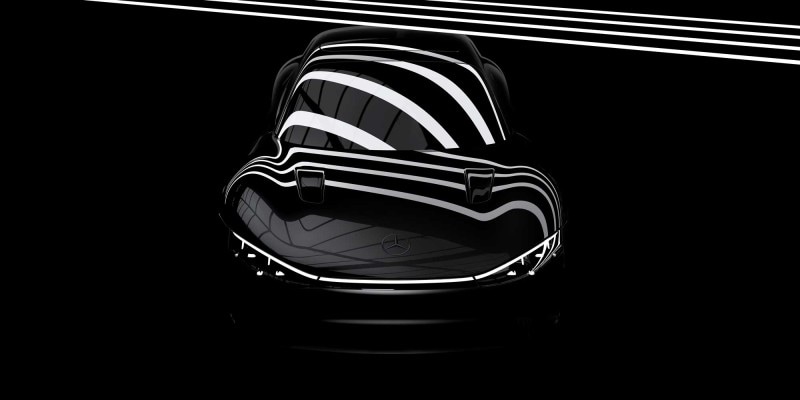Mercedes-Benz will need a battery capacity of more than 200 Gigawatt hours and plans to set up eight Gigafactories for producing cells, together with its partners around the world. This is in addition to the already planned network of nine plants dedicated to building battery systems.
Next generation batteries will be highly standardized and suitable for use in more than 90% of all Mercedes-Benz cars and vans while being flexible enough to offer individual solutions to all customers.
With regard to cell manufacturing, Mercedes-Benz intends to team up with new European partners to develop and efficiently produce future cells and modules, a step which ensures that Europe remains at the heart of the auto industry even in an electric era. Cell production will give Mercedes-Benz the opportunity to transform its established powertrain production network.
By continuously integrating the most advanced battery cell technology in cars and vans, Mercedes-Benz aims to increase range during the production lifecycle of a model.
With the next battery generation, Mercedes-Benz will work with partners like SilaNano to further increase energy density by using silicon-carbon composite in the anode. This will allow for unprecedented range and even shorter charging times. When it comes to solid-state technology, Mercedes-Benz is in talks with partners to develop batteries with even higher energy density and safety.
,xPosition=0,yPosition=0.5)

,xPosition=0.5,yPosition=0)